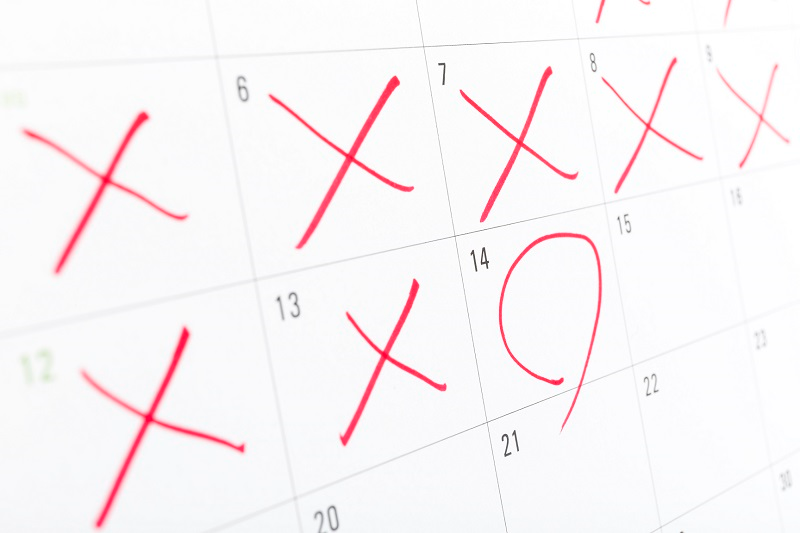
If I think about the past few months of my time I sometimes regret that I should have spent my time more meaningful. So, in this column, I will talk about “the power of small habits” in a way to live a meaningful day.
We hope for great success and set high goals to reach to that point. Yet, the higher the goal, the harder it gets to achieve. There is also a bigger chance that people will quit along the way. Massive goals focus on future rewards. People with high goals are not well aware of the joy of developing slowly since their sense of accomplishment cannot be felt right away. Thus, their motivation is likely to deteriorate. But what happens when small actions, which seem like nothing are repeated every day? Small actions are easy to practice and easy to be repeated. This kind of behavior enhances self-efficacy and makes small actions a habit.
“We are what we repeatedly do.”
Aristotle
<Practicing Small Habits>
I will share Tips on Practicing Small Habits from Stephen Guise’s book, ‘Mini Habits: Smaller Habits, Bigger Results’.
Step 1: Set Small but Detailed Goals
The easy thing to overlook when setting goals is the fact that our motivation and energy can change jaggedly. Try to minimize your goal by writing it down and a paper and break that goal into smaller achievements.
Practice Tip)
Breakdown your goal into small and detailed accomplishments
Continue to exercise: ’30 push-ups a day’ -> ‘1 push-up a day’
Studying English: ‘Listen to one online English lecture’ -> ‘Memorize one English sentence a Day’
Read lots of books: ‘Read 4 books a month’ -> ‘Read two pages a day’
Step 2 : Set your habits according to your lifestyle
All habits are created through a cycle of signals, repetitive actions, and rewards. For example, the habit of gaining weight is formed by the following cycle; when you return home after work (signal), you get hungry and eat a late snack with a drink of beer (repetitive behavior) and feeling full and satisfied (reward). Apply this principle to create a new habit!
Practice Tip)
Combine signals with actions to make a habit with small actions!
Time-based signal: ‘I’ll do it every day at 7 pm’
Behavioral signal: ‘I’ll do it every day after 30 minutes’
Unspecified signal base: ‘Once a day at any time’
Step 3 : Award yourself whenever you succeed
Unlike big goals, small actions like ‘1 push-up a day’ are just so minor that you can do it right now. And if you did it, you achieved today’s goal! Awesome ~ ^^ A small habit becomes an exercise to believe in oneself, and when it is repeated, self-efficacy increases, and it becomes the drive to continue that action.
Practice Tip) Remember that small action itself is a goal, and small successes become big ones!
Step 4 : Keep record of your achievement
The joy of success you get every time you complete small actions becomes a great reward. Write down your small habits on paper and check what you have achieved on that day before you go to sleep.
Practice Tip)
You can remember something for a longer time if you write it on a piece of paper so keep record of your achievements!
Step 5 : Don’t Higher your Goal but Rather Satisfy in Exceeding it
If you have accomplished your small task for today, you can do what you have to do tomorrow in advance. But do not raise your goal to a higher level. Just be happy with your daily success. The important thing is to practice small acts every day to make it a habit.
Q&A) When can you tell that small actions has become a habit?
– When the behavior is no longer negligent
– When you are acting without thinking
– When you are doing it everyday
Continue to make small success every day until this point!
There is no future to those who ignore the present time. What we need for the future is to be immersed in what we are doing now. While I was preparing this column I started to do one pushup a day. Begin slowly and with a positive mind, start small actions for yourself from now on.
Reference: Stephen Guise, ‘Mini Habits: Smaller Habits, Bigger Results’
Ryan Babineaux, John Krumboltz, ‘Fail Fast, Fail Often’
Charles Duhigg, ‘The Power of Habit’
Advisor Bora Kim, Mental Fitness Center, Global HQ



 Advisor Bora Kim, Mental Fitness Center, Global HQ
Advisor Bora Kim, Mental Fitness Center, Global HQ